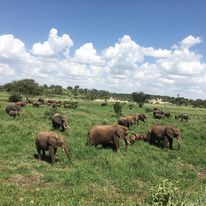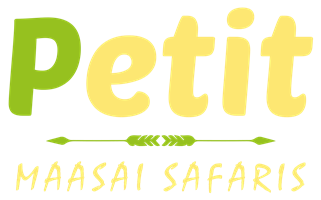Travel Tips
Tanzania has over 120 languages, representative of the many tribal groups. Some of the tribal languages spoken in Tanzania include: Maa, Hadzabe, Chaaga, Pare, Nyaturu, Sambaa, and Safwa, just to name a few.
Tanzania’s official languages are Swahili and English, English being primarily used for business. Swahili is spoken across the nation and is the commonly shared language across tribes, towns and social groups. During your safari you will probably learn a few common Swahili phrases
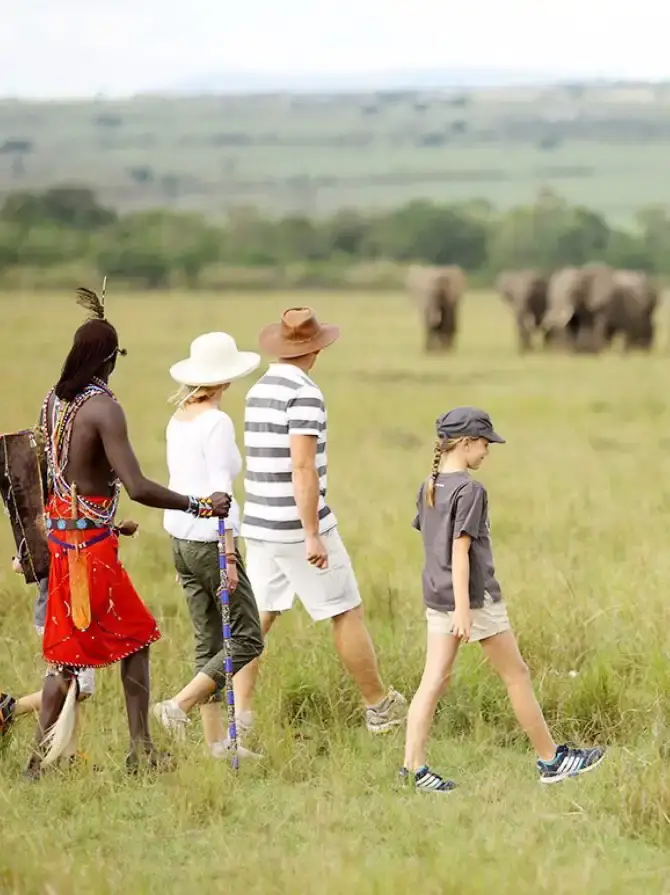
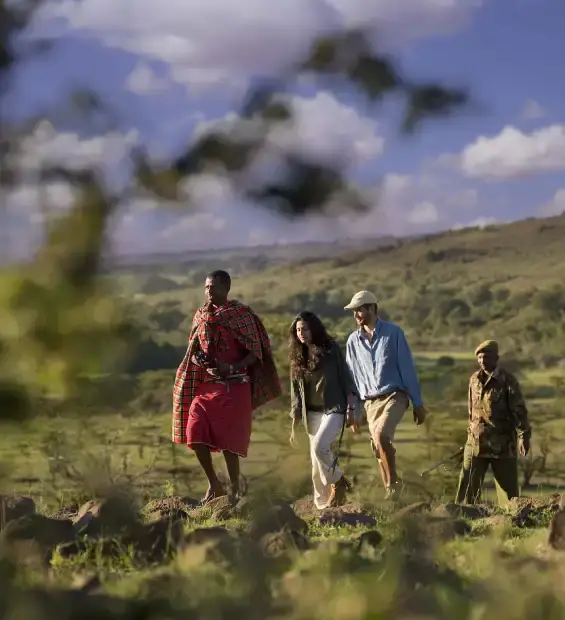
Weather
Tanzania sits just below the equator, which means the seasons are reversed from that of the Northern Hemisphere. If you are traveling from Canada or the USA, be prepared for hot weather from January to March and cooler temperatures in July and August.
Tanzania is a large country (the largest in East Africa) and climate and weather vary from the Ngorongoro Highlands in the north, the jungles along Lake Tanganyika, to the tropical islands off the coast. If you are planning to trek a mountain and also visit Mafia Island, you may need to pack for both arctic and tropical temperatures.
Rainy seasons
Tanzania typically has two rainy seasons; the first ‘short rains’ are from early November thru January, when the weather is typically very warm, and the second rains are the long rains which span March thru early June.
However, in recent years climate change has impacted these seasons in duration and intensity. The rains are less predictable now.
Even when it does rain, it usually falls for a spell and then the sun will come out, bright and warm. Other Times, the rain will fall steadily all night and you will wake to a cheerful, although quite muddy, morning.
Drinking Water & Packing
It is not safe to drink water from the tap during your travels in Tanzania. We supply plenty of bottled water to all guests on game drives and excursions.
Similarly, hotels and lodges provide bottled water in the rooms. You should have plenty of water throughout your stay, and if you ever do need to buy some drinking water, every shop, no matter how small or remote, should have a bottle of safe and clean drinking water.
Due to the various climates across the country, it is a good idea to bring some layers:
Other essentials to pack include:
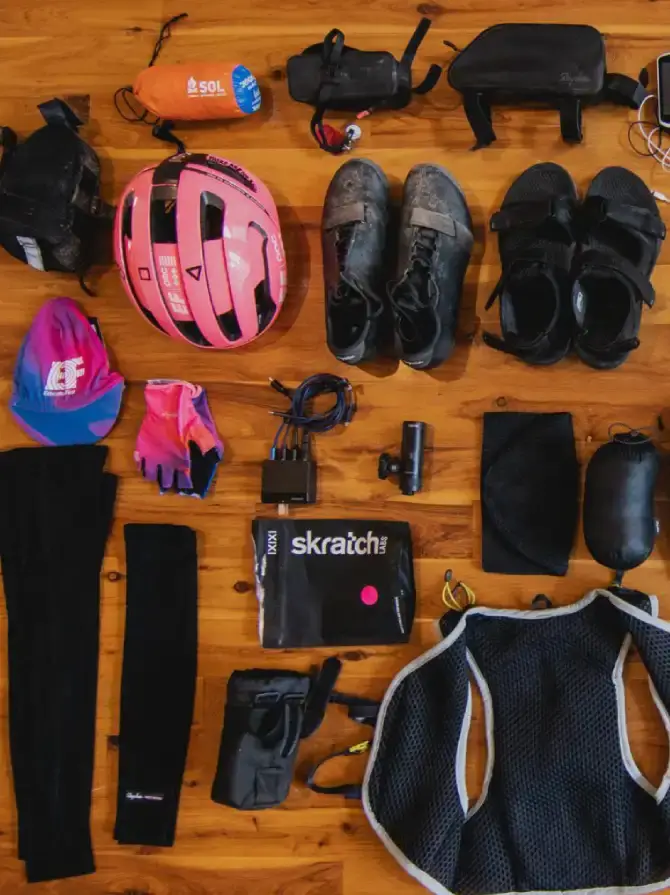
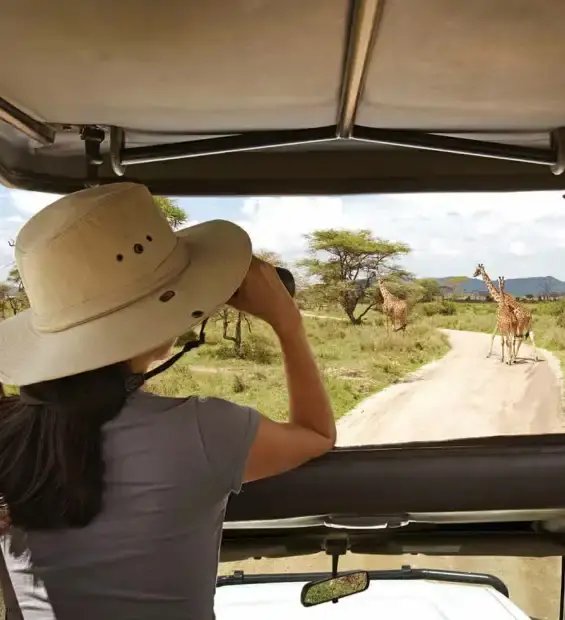
Travel Considerations
There is a running joke about the ‘safari uniform’ of khaki pants and neutral-colored shirts, but there is also a good reason to pack these items:
1. Neutral colors are best for walking safaris, hiking and game drives, as they help you blend into the natural environment.
- The material of these clothes is breathable, ideal for Tanzania’s warm, dusty weather. It’s not about fashion so much as being practical.
You will likely find your safari guide wearing a similar ‘uniform’.
Don’t worry if you forget basic toiletries. Soap, shampoo, toothpaste and body lotion are all available locally.
If you want to pack ultra-light for your safari, remember that most hotels and lodges offer laundry services. You can bring the bare minimum and have everything cleaned while you are on a game drive.
Wireless internet is increasingly popular throughout the country. While the connection may be slower in some locations (think 3G, not 5G), you are likely to be able to send an email and update your social media pages throughout your trip, even at a tented camp in the middle of the Serengeti or from your beach-front hotel in Zanzibar.
In towns such as Dar es Salaam, Arusha or Moshi, the connection is more likely to be strong and fast enough to conduct video chat and Zoom meetings.
Tanzania’s official currency is the Tanzanian shilling.
Tanzania is generally a safe place, but use discretion, too. Exchange money at banks or official exchange bureaus, never with individuals on the street. After changing money, put it sensibly in your wallet or bag, do not flash large stacks of cash around as you walk down the street.
Some lodges will accept payment in dollars for dinner/drinks. It is a good idea to bring some smaller notes for this purpose. For souvenirs and shopping in cities/towns or eating at a local restaurant, you should have Tanzanian shillings.
Popular currencies to exchange are: British Pound, Euro and the US Dollar. Some banks accept Canadian dollars, but the exchange rate is often poor. Make sure all bills are dated AFTER 2006, older bills will not be accepted. Notes with more recent dates are always appreciated.
Traveler’s Cheques are not advised.
All major towns and cities have ATMS. Before departure, communicate with your bank to add a travel notice and permit your card to be used at international ATMS. Also, ensure your PIN is 4 digits long.
You should be able to withdraw local shillings from an ATM without needing to carry a lot of cash.
When visiting Zanzibar, remember that ATMs and Banks are only available in Stonestown, exchange money before heading to the beach. Similarly, exchange money before traveling to the Mafia.
Every day, more and more businesses in major towns accept major credit/debit cards. You may enjoy a meal, visit a mall and pay for a spa treatment via credit card and many establishments.
Arusha, Moshi, Dar es Salaam and Stonetown are a few examples of locations that widely accept credit/debit cards.
Make sure to alert your credit card company of your upcoming travel plans to avoid any issues.
Most international travelers will need a tourist visa to enter the country. In many cases, you may obtain a tourist visa on arrival, which permits travel and tourism for 90 days. However, to save time, you may consider applying for an e-visa, which allows you to easily pass through immigration upon arrival and is the same 90-day visa.
Learn more about obtaining an e-visa here.
If obtaining a visa on arrival, USD is accepted by Tanzania Immigration. It is advised to either pay in advance, or carry USD ($50 or $100, depending on your country of citizenship).
If you are interested in a longer stay, or in visiting multiple countries on your visit (such as Kenya, Uganda and Rwanda) you may want to get the Multiple Entry Visa instead, which is valid for up to 12 months.
Transport with Petit Maasai safaris includes airport pick-ups and transfers. We take care of you from start to finish. Charter flights to Serengeti, Saadani and Mafia island may be included, depending on your preferences.
If you want a ‘free day’ to tour an area, we can add that into your personalized trip itinerary, and you may opt to take a local taxi, or try out the local city transport
In this case, always go with an official taxi (designated by white plates on the cars – personal vehicles have yellow plates).
In smaller towns, you may want to try out a ‘bajaj’ (tuk-tuk), but using motorcycle taxis is discouraged.
Tanzania no longer has any official COVID-related requirements for international travelers. We at Petit Maasai take our own precautions:
- We ensure all our drivers and guides are in good health;
- We provide unlimited hand sanitizer to guests;
- We promote outdoor activities with plenty of fresh air;
- Can request social-distancing at specific hotels and lodges, as per individual client needs
- May offer face masks, if required
- Can assist with Covid-tests for return travel, according to your home country’s requirements.
Tanzania has one required vaccine: Yellow Fever.
This vaccine is required for anyone who has ever traveled to a place with a risk of Yellow Fever, which includes some African, South American and Asian countries. You may see a full list here.
You will need to get this vaccination and carry the vaccine card with you in order to enter Tanzania.
Other vaccines recommended for travel to Tanzania:
-Hepatitis A & B
– Polio
– Tetanus
– Meningitis
Please talk with your health practitioner for your individual needs.
The risk of mosquito-borne malaria is decreasing every year in Tanzania, particularly in urban areas and higher elevations. However, your travels might take you to an area where malaria remains a risk.
First of all, it is a good idea to avoid insect bites to begin with, by sleeping under a mosquito net and wearing insect repellant in the evenings. You may also talk to your doctor about taking anti-malaria medications during your travel as an added precaution.
So far, no travelers with Petit Maasai Safaris have ever contracted malaria during a visit to Tanzania.
Tipping is always appreciated, based on the level of service.
Consider tipping porters and mountain guides based on the number of days of your trek.
Offer a token amount for waiters/cleaners at a hotel or lodge (often shared among all hotel staff).
For a safari drive, it is typical to tip based on the number of days.
You may tip for an experience (horseback riding or zip lining) if it was a guided tour.
It is an unfortunate reality that you may encounter people or youth asking for money. Usually this happens in urban areas, at traffic lights, ect. We discourage giving hand-outs to strangers on the street since this is not sustainable and may be an act for unsuspecting tourists. Sometimes a child is taken out of school for the day in order to help an older relative beg on the street, which is ultimately detrimental to their education.
If you want to give, the best way to ensure your money has a positive impact and does not encourage a cycle of dependency is to discuss with your guide or another Petit Maasai Safaris staff about the areas most important to you.
We have personal connections with amazing programs that focus on:
- Education and housing for vulnerable children
- Outreach programs for street children
- Girl’s education and scholarship programs
- Employment for disabled persons
- Housing and co-ops for needy mothers
We encourage you to visit and support one of these programs instead of giving to people on the street. This is how your donation can make a long-lasting difference.
Tanzania is an ideal location to travel as a family or to bring children. Please see our Travel with Children page for more information.
We want everyone to be able to experience the beauty of Tanzania and are happy to make arrangements to accommodate:
- medical needs (including wheelchairs, oxygen tanks for treks and more)
- dietary needs
- mature clients or folks with limited mobility
The first step is to reach out. Contact us. Share your dream trip to Tanzania along with any special requirements and we will work with you to design a plan that makes your dream a reality.
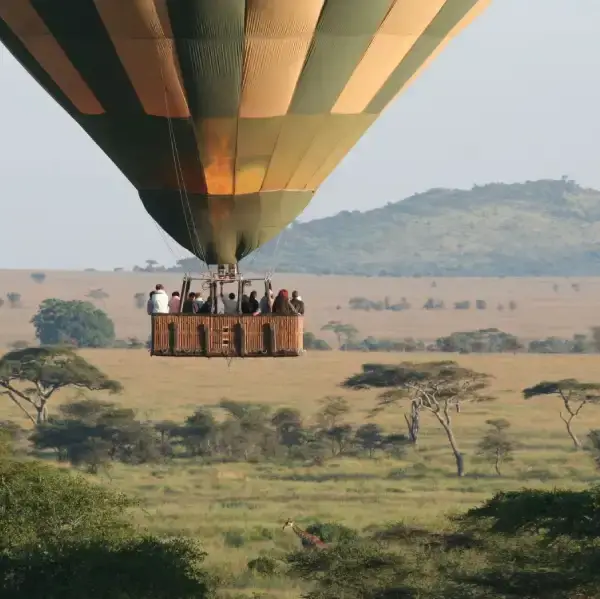
Have questions?
Get in touch!
Experience the epitome of luxury with our tailor-made holidays, crafted exclusively for you. Every detail of your bespoke escape is thoughtfully curated to match your unique preferences. Book your dream getaway today and indulge in unparalleled elegance and comfort.
Travel Guide To Tanzania
When To Visit
Tanzania’s Seasons and the best time to visit
What To Do
From traditional safaris and mountain treks, to cultural experiences and extraordinary adventures.
What To Pack
Tanzania safari packing list
Cost
Budget safaris, family travel, luxury and honeymoon packages available
Our Travellers Reviews
Outstanding tour operator
I can't say enough good things about Bryson and Petit Maasai. Bryson handled our last-minute trip to Tanzania like he'd been working on it for months instead of a handful of days after we connected about a week before our family arrived.Awsome
Exciting trip!!! Bryson made a private tour with masai mbome & we had a rest in mountains near Ngorongoro - everything was awsome!!! Morevover, all of our individual things we re made with great discount!Mike is great ranger too!
Kilimanjaro With Petit Maasai safaris- 5 stars!!!
We book 7 days Kilimanjaro with Petit Maasai safaris after having the safari with another company and we made it with a brilliant guide to the summit. We took the Lemosho route, starting in the rain forest and approached the camp via various tents campsites.
A great experience!
We did a safari in the northern parks of Tanzania with Petit Maasai Safaris and it was a great experience! The guide and the cook were really professional and nice with us, trying to make us feel comfortable and to satisfy our requests. Thanks a lot!